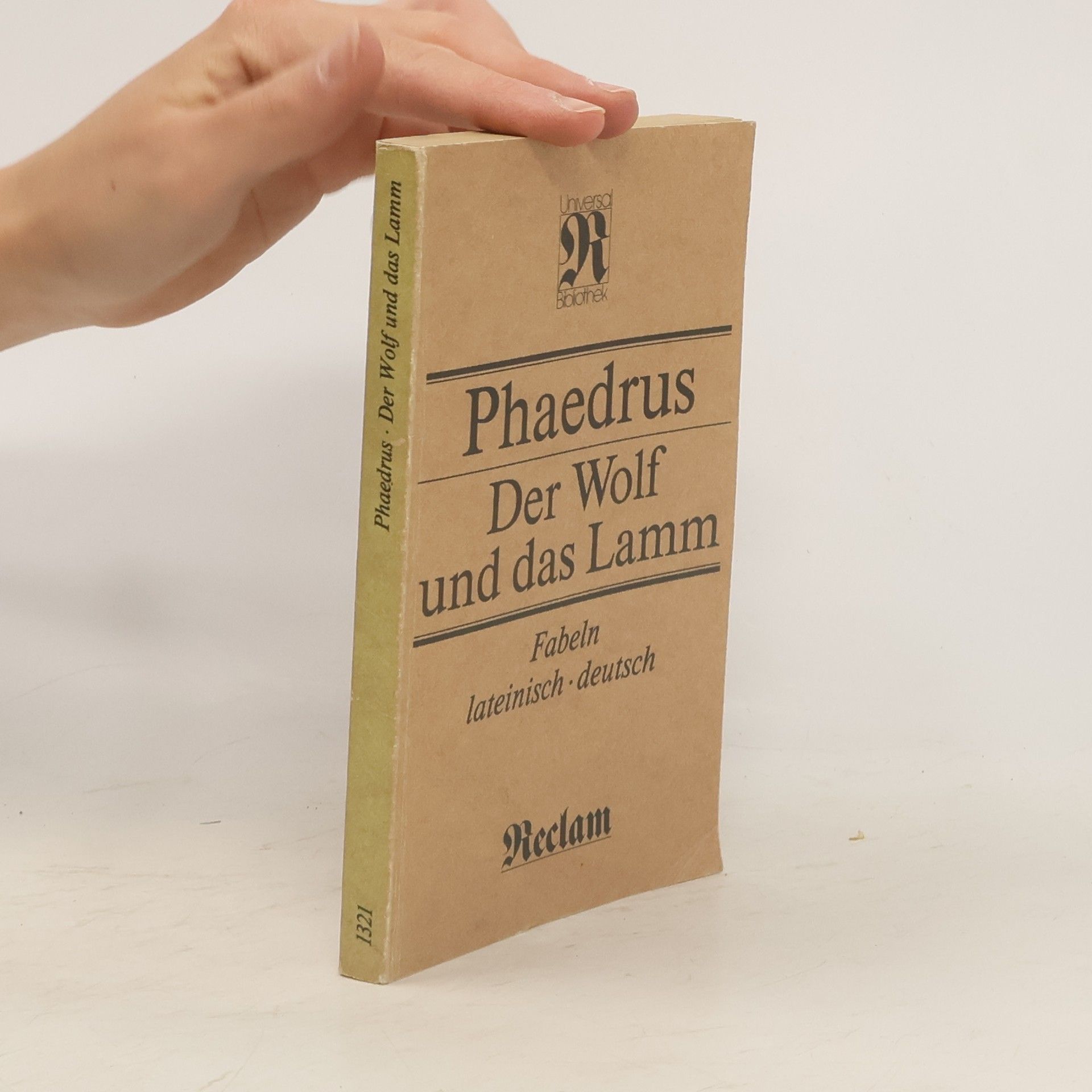Gli animali nelle favole. Per la Scuola elementare
- 72pagine
- 3 ore di lettura
Fedro fu un favolista romano, riconosciuto come il primo scrittore a tradurre interi libri di favole in latino. Rinarra le favole in prosa greca di Esopo in metro giambico, trasformandole in versi accattivanti. Il suo lavoro offre un contributo significativo alla letteratura classica, preservando e arricchendo le antiche favole per la posterità.






Ameise, Frosch, Fuchs, Hund, Kuh, Lamm, Löwe, Wolf – und allerlei Federvieh: Sie alle nehmen in den Fabeln des Phaedrus unsere menschlichen Verhaltensweisen an und halten uns so den Spiegel vor. Doch auch Menschen, mythische Figuren, Götter und sogar Gegenstände spielen mitunter die Hauptrolle. Die Texte sind nicht nur abwechslungsreich und unterhaltsam, sondern auch kurz – weshalb sie gern als Einstiegslektüre im Lateinunterricht gelesen werden. Diese Ausgabe enthält das gesamte Fabel-Corpus (126 Fabeln mit Pro- und Epilogen): den lateinischen Text, eine textnahe Übersetzung sowie erklärende Anmerkungen und ein umfassendes Nachwort.